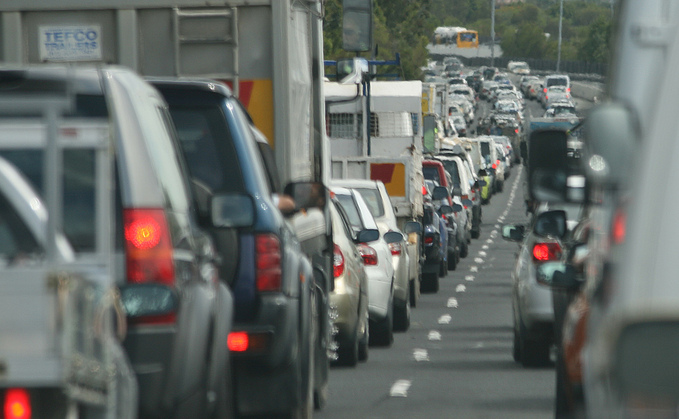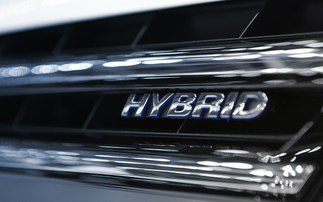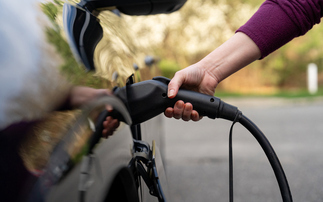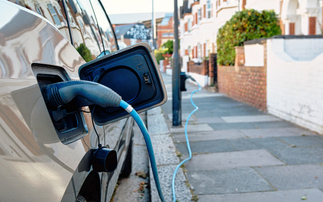
Cars could need to slash annual milage by over 2,000 miles if EV sales are slow over the next decade.
New Green Alliance report argues measures to tackle congestion and curb traffic levels could play a key role in slashing emissions in support of UK climate goals
Increased investment in public transport and active travel is needed, in addition to the rapid uptake of electric vehicles (EVs), if the UK is to meet its 2030 emission reductions targets. That is the...
To continue reading this article...
Join BusinessGreen
In just a few clicks you can start your free BusinessGreen Lite membership for 12 months, providing you access to:
- Three complimentary articles per month covering the latest real-time news, analysis, and opinion from Europe’s leading source of information on the Green economy and business
- Receive important and breaking news stories via our daily news alert
- Our weekly newsletter with the best of the week’s green business news and analysis





